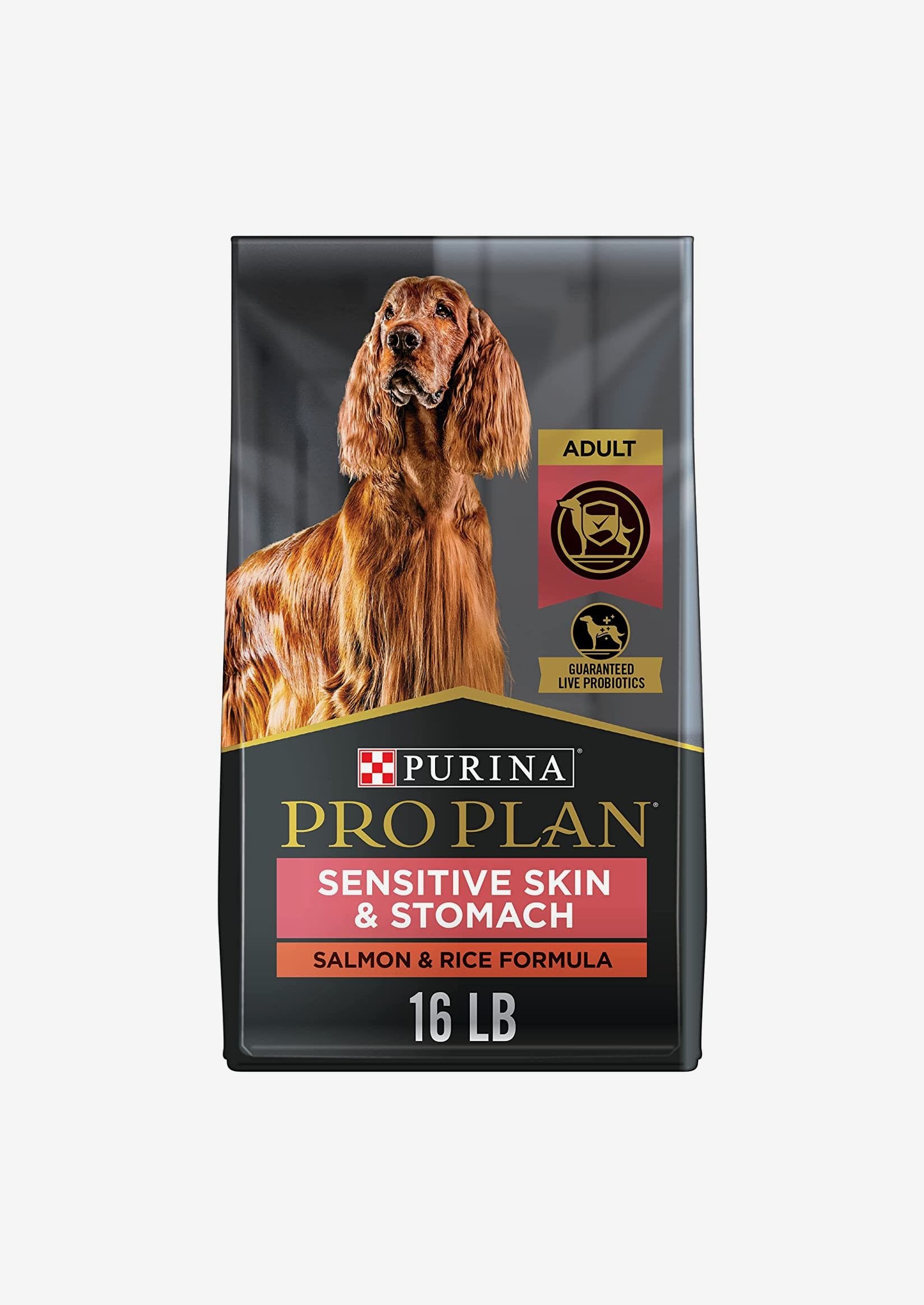Choosing the right food for your small dog can feel like a daunting task, with countless options on the market. To help simplify this decision, a dedicated panel of veterinarians and veterinary technicians, all employed by Chewy and experts in their field, have meticulously curated a list of the best dog foods specifically formulated for small breeds. Their selections are based on a comprehensive evaluation, combining their extensive knowledge and practical experience with a thorough review of manufacturer information. Key attributes considered include the quality of ingredients, palatability, and overall affordability, ensuring a well-rounded recommendation for pet parents.
The opinions and product recommendations presented here are solely those of the expert review panel. Manufacturers and vendors have no influence over the selection process, nor can they purchase placement in this content. The primary objective is to equip pet parents with the reliable information needed to make the most informed dietary choices for their beloved small canine companions.
Understanding Small Dog Nutrition
Small dogs have unique nutritional needs due to their faster metabolisms and smaller digestive systems. Their food should be tailored to these specific requirements to ensure optimal health and well-being.
Kibble Size Matters
One of the most apparent differences in food for small dogs is the kibble size. Smaller kibble pieces are easier for small dogs to chew and digest, reducing the risk of choking and digestive upset. This thoughtful consideration in design makes mealtime more comfortable and enjoyable for pint-sized pups.
Nutritional Requirements for Small Breeds
Small dog food formulas are often denser in calories and nutrients to meet the higher metabolic demands of smaller breeds. They typically contain a balanced blend of proteins, fats, and carbohydrates, along with essential vitamins and minerals. Many formulations also include specialized ingredients to support dental health, a common concern for small dogs.
Frequently Asked Questions About Small Dog Food
Q: What is the best food to give a small dog?
A: The ideal diet for a small dog is highly individual and depends on various factors, including their age, activity level, and overall health status. However, small dogs generally thrive on small-size kibble or wet food specifically formulated to meet their unique metabolic needs. Consulting with your veterinarian is always recommended to determine the most suitable diet for your specific dog.
Q: Is dry food good for small dogs?
A: Yes, dry food, or kibble, is an excellent choice for many small dogs. The abrasive texture of dry kibble can contribute to cleaning teeth by reducing plaque and tartar buildup, which is beneficial for maintaining good oral hygiene. Additionally, dry food offers convenience for pet parents in terms of storage and serving. However, it’s important to remember that individual dogs have different preferences and needs; some may do better with or require soft (wet) food.
Q: Is soft or hard food better for small dogs?
A: The determination of whether soft (wet) food or hard (dry) food is better for a small dog hinges on several individual factors, such as their age, health conditions, and daily activity level. Wet food is often easier to chew, making it a good option for puppies, senior dogs, or those with dental issues. It can also be more palatable for picky eaters. On the other hand, dry food can aid in dental hygiene and is generally more convenient for owners. In some instances, a combination of both wet and dry dog food might be recommended by your veterinarian to provide a balanced and appealing diet. Your vet can provide personalized advice on the best feeding approach for your small dog.
Expert Picks for Small Dog Food
The veterinary panel considered several leading brands and formulations when making their selections. While specific product recommendations are proprietary, the criteria emphasized include high-quality protein sources, digestible carbohydrates, essential fatty acids for skin and coat health, and appropriate levels of calcium and phosphorus for bone development.
Considerations for Specific Needs
Beyond general nutrition, the panel also evaluated foods that cater to specific small dog needs. This includes options for:
- Sensitive Stomachs: Foods with limited ingredients or novel protein sources.
- Dental Health: Formulas with specific kibble shapes and textures designed to clean teeth.
- Puppies: Higher calorie and nutrient-dense options to support growth and development.
- Seniors: Lower calorie options with added joint support.
Conclusion
Selecting the best food for your small dog is a crucial step in ensuring their long-term health and happiness. By relying on the expertise of veterinarians and veterinary technicians, this guide provides a trusted starting point for pet parents. Always remember to consult with your veterinarian to tailor dietary choices to your individual dog’s unique needs and to discuss any concerns about their health and nutrition. Making informed decisions about your small dog’s diet contributes significantly to their vitality and quality of life.

